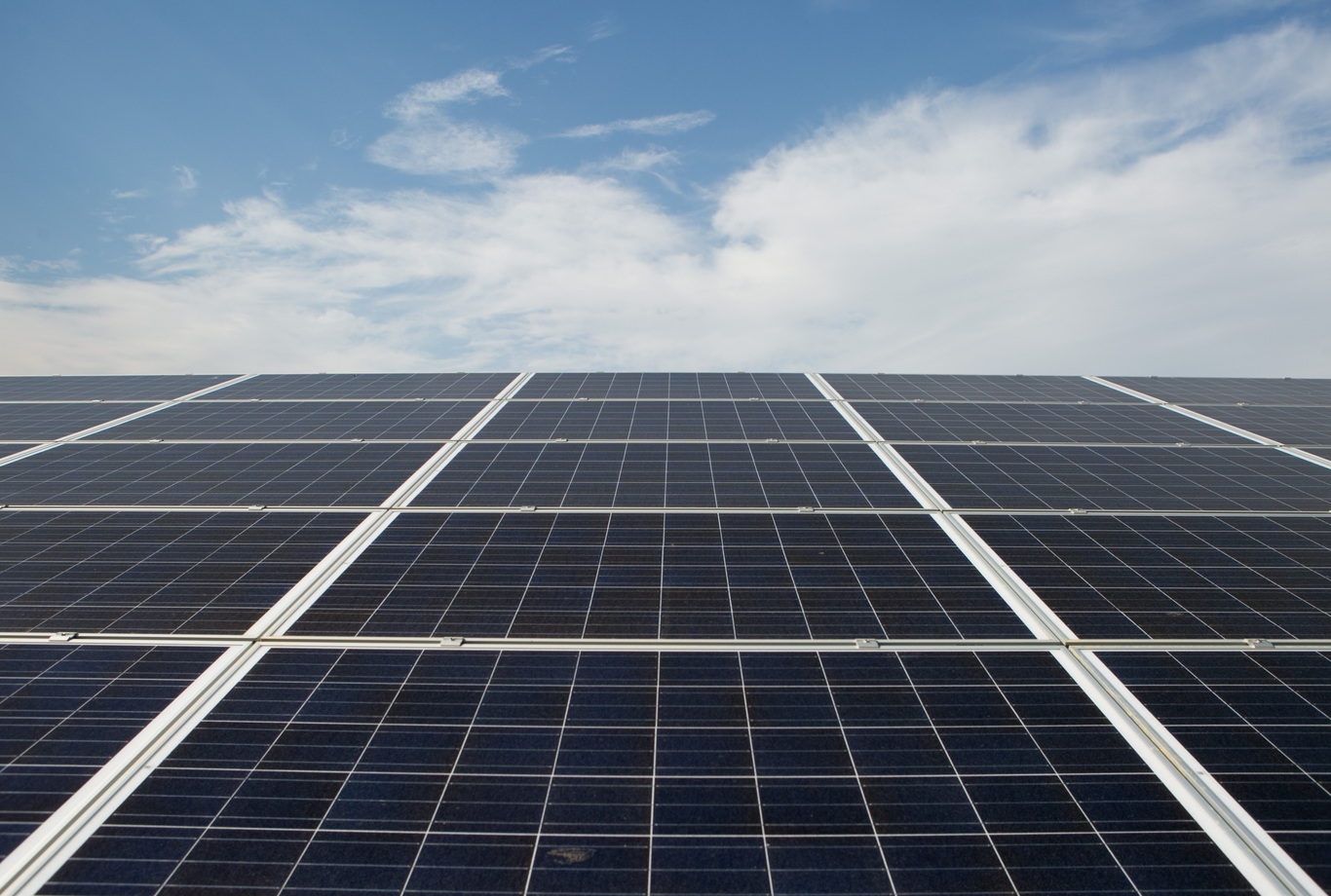Here is what's stopping Ireland's solar sector from having its moment in the sun
The energy source presents an exceptional opportunity to decarbonise the country’s power generation.
IT’S NO SECRET that the development of Ireland’s solar sector has so far got off to a less than stellar start.
While the lack of a direct solar subsidy has often been lamented, recent consultation announcements regarding the renewable electricity support scheme (RESS) have been no more promising for the nascent solar industry.
Despite this, solar continues to represent an exceptional opportunity to decarbonise Ireland’s power generation.
The country is currently facing a 3% shortfall against its EU target to derive 40% of electricity from renewables by 2020.
In the last year, Ireland has also been identified as one of the worst emitters per capita of greenhouse gas emissions in Europe.
However, there are reasons to be optimistic, particularly when it comes to building out Ireland’s solar energy capacity, using technology that is now mature, cheap and can be delivered quickly.
Currently, there is around 1.5GW to 2GW of planned, utility-scale solar projects with a realistic chance of delivery in the short-term, 700MW of which have already been awarded planning permission. One megawatt of solar capacity can power between 150 and 200 homes.
In addition, figures from EirGrid show that a further 5.5GW of solar power is in the grid offer pipeline.
And, as demonstrated in the UK, the introduction of solar and other forms of renewable energy has delivered positive benefits in substantially decarbonising energy generation, improving the security of energy supplies, and driving down the wholesale cost of energy.
So, despite these advantages and opportunities, what is holding Irish solar back?
Electricity prices
Primarily, it appears that the slow pace of delivery of solar and renewables more widely is the result of concerns over the knock-on effect on electricity prices to the consumer, which are underwritten through the public services obligation (PSO).
Naturally, any government may run shy of a decision that causes increases to electricity tariffs. However, any short-term impacts to consumers via an increased PSO will be counter-balanced over time, as efficiencies derived from a well-integrated, decarbonised energy network help drive down the wholesale price of energy – all while reducing Ireland’s greenhouse gas emissions.
Of course, solar power will struggle to meet demand at night or through the winter months, such that any large-scale deployment of solar will need to take place alongside the development of other clean energy sources and large-scale energy storage mediums.
Such considerations need to be at the forefront of any strategy for low carbon energy generation. The current draft National Planning Framework for Ireland, which is likely to be introduced this year, is the ideal vehicle for such a forward-thinking strategy, but currently suffers from a lack of emphasis on the issues of energy and climate change.
A second limiting factor is that, while a viable option for the short-term delivery of the renewable energy capacity necessary to meet European targets, solar may struggle to compete in the proposed capacity auctions set out in the Department of Communications, Climate Action and Environment’s current consultation on the new RESS.
Here, solar would have to compete with other technologies in what is currently proposed as a technology-agnostic auction – a significant challenge given the advantages an already-mature wind energy sector would have in being able to bid at lower prices.
In the UK, up to 90% of auction projects were awarded to wind power, and it would similarly be difficult for solar to compete and secure contracts under this arrangement in Ireland.
However, peaks and troughs in supply are inherent to both wind and solar, and any future low carbon energy generation mix will require the development of parallel wind and solar industries that are seasonally complementary.
This, coupled with suitable storage mediums, will help address the challenge of variability and ensure export to the grid in a more consistent manner.
Balanced energy mix
Technology-specific auctions would better serve Ireland’s solar sector and enable a more balanced energy mix, and it is to be hoped that the current RESS consultation responses will influence the government to more effectively pursue the opportunities solar can offer.
For this to happen, the current consultation process must be expedited, concluded, and its recommendations enshrined in regulation in order to enable solar to compete and deliver.
The feeling within the renewables industry, however, is that the new RESS will be a slow-change scenario, which will not benefit solar despite its current early mover advantage.
Should the RESS and the current consultation on connected new energy infrastructure be altered so as to improve support for solar energy, there is confidence that the planning system can deliver.
In addition to the 700MW consented, a further 800MW is currently either making its way through the planning system or under development and could soon be approved and awarded grid connection contracts.
Despite the absence of national and local planning guidance on solar assets, the approval rate for solar farms is high: roughly eight out of 190 applications have been refused.
Some schemes remain sitting with An Bord Pleanála due to third-party appeals, but the relatively straightforward construction and operational requirements for solar farms, particularly if well-sited and designed, should result in further planning approvals in 2018.
For those working within the sector, it is hard to escape the suspicion that the government is looking to plot the least costly path towards developing clean energy in Ireland.
However, in the long-term, this approach is unlikely to lead to the levels of renewables deployment necessary to meet national emissions targets – and avoid heavy fines.
Equally, while the wider roll-out of renewables may hit the public purse in the short term, long-term benefits to consumers and industry alike will come in the form of lower wholesale energy prices and a cleaner environment.
With Ireland currently reliant on imports for 85% of its energy needs, greater ambition will be a prerequisite to establishing a brighter future for Irish solar and a more sustainable energy mix.
Michael Phillips is principal consultant at UK-based renewable energy consultancy Dulas.






